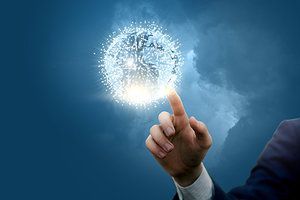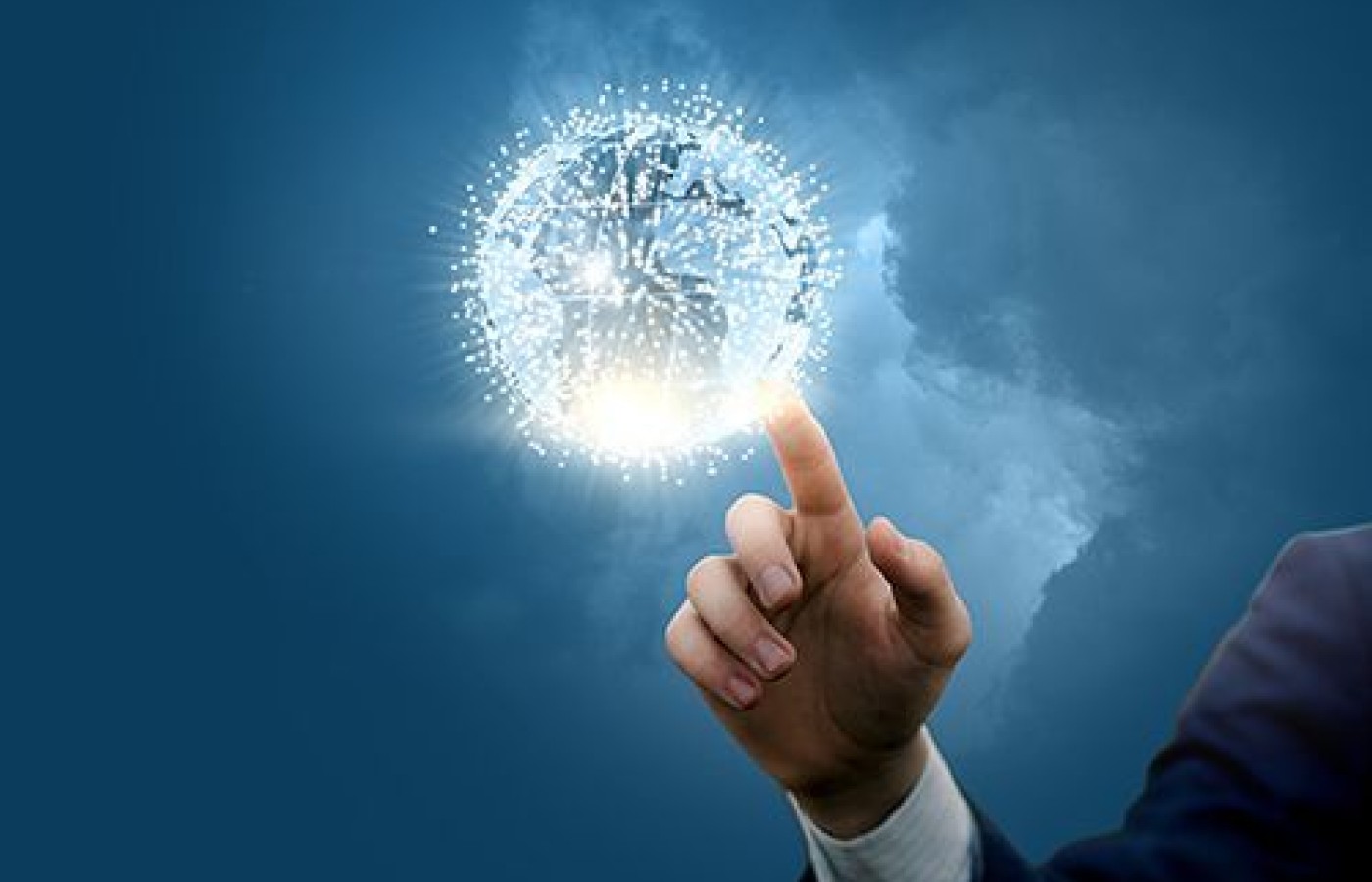It’s a new year and many chiropractors are evaluating what will enhance their respective practices, particularly as it relates to their bottom line. One of the most common questions I get is: “Do I need to be credentialed to bill insurance, and what are the best plans to join?” It’s a loaded question – but one every DC ponders. Whether you're already in-network or pondering whether to join, here's what you need to know.
The World Needs Touch
Human touch is essential for life and health. Unfortunately, most of us are starving for it and the situation is being made worse by "social distancing." A great deal of cogent research confirms it: Inside all of us are life-giving mechanisms activated when we're touched by a well-meaning caregiver. Read on and discover how important touch is and how impactful your job as a chiropractor can and should be, especially right now.
Robbed of Touch, We Die ... or at Least a Part of Us Does
Over the years, there have been many stories of infants dying from lack of touch. Obviously it would be unethical to research this topic using human babies, but infants in incubators denied touch are more likely to suffer a syndrome called "failure to thrive." They suffer the severe consequences of lack of stimulation even though they have every other condition necessary for a healthy life; i.e., oxygen, food, water and warmth.

During World War II, babies left untouched inside incubators failed to develop and died. When nurses came to hold them for a few minutes a day, they thrived! It's amazing how something so elemental as touch can trigger an inner mechanism and profoundly affect our future. For example, studies of rarely touched orphans show they are much more likely to become runaways, unemployed, homeless, arrested, imprisoned, prostitutes or commit suicide.
Our Closest Relatives in the Animal Kingdom Touch Frequently
Chimpanzees kiss, hug, pat each other on the back and hold hands. They groom one another for around 45 seconds, about 10 times a day. Animal studies show there is an excellent chance we have a built-in need for contact on a frequent and regular basis that is not being met, and social distancing has made this more acute.
In the wild, from day one on, touch is constant and frequent. There may even be a minimum daily requirement that most of us are not approaching.
The Antidote to Social Distancing
Touch everyone and do it all the time. Pat your friends and family on the back. Touch your spouse's hair. Hug your children; do it regularly to ensure their survival physically and emotionally. By doing this, you're letting your family and friends know they are cared for and loved. It's essential for life and health.
As a professional, you are licensed to touch others, and you should. Even if you practice one of the techniques the relies on an instrument, always start and finish your care with touch. Hold the patient's trapezii for a few seconds before you begin your adjustment. Imagine each patient illuminated from within as you make contact.
Finish your care by stroking the paraspinal musculature from the base of the skull to the sacrum. Do it several times with the intent of triggering a neurological mechanism that allows people to develop well.
Few professions are allowed to touch. You are in a very unique position. Touch is so powerful it's been legislated almost out of existence for every profession except health care.
Don't Let Isolation Be the Rule
After lockdown, I had more than one patient brought to tears just by holding their forearm. Social distancing has created a critical need for touch, now more than ever. When you give someone this gift, it has a profound and moving effect on their very soul.
Don't hold back; let them have it. Done correctly, with the right intent, you will free others from terrible isolation and stimulate primal systems necessary for survival.
Medical doctors increasingly don't see or touch patients; they look at data. Auscultation, percussion and palpation are lost arts. Physicians rush to order imaging and other advanced tests, and their patients rarely get touched!
It's Your Duty to Give the Gift of Touch – Now More Than Ever
Even if you practice instrument adjusting, add touch to your therapeutic armamentarium. It takes seconds and costs you nothing. It frees people for at least a moment of the awful burden of separation and loneliness. It reconnects them with the source of life and health. At the ends of your fingers is the answer to an acute problem that can be resolved immediately. Touch!
Resources
- Kuhn CM, Schanberg SM. Responses to maternal separation: mechanisms and mediators. Int J Dev Neurosci, Jun-Jul 1998;16(3-4):261-70.
- Ardiel EL, Rankin C. The importance of touch in development. Paediatr Child Health, 2010 Mar;15(3):153-156.
- Schanberg SM, Field TM. Sensory deprivation stress and supplemental stimulation in the rat, pup, and pre-term human neonate. Child Dev, 1987 Dec;58(6):1431-47.
Editor's Note: How are you patients responding to your hands-on care in the age of COVID-19? Share your story by submitting a short letter to the editor (300-500 words) to editorial@mpamedia.com.



